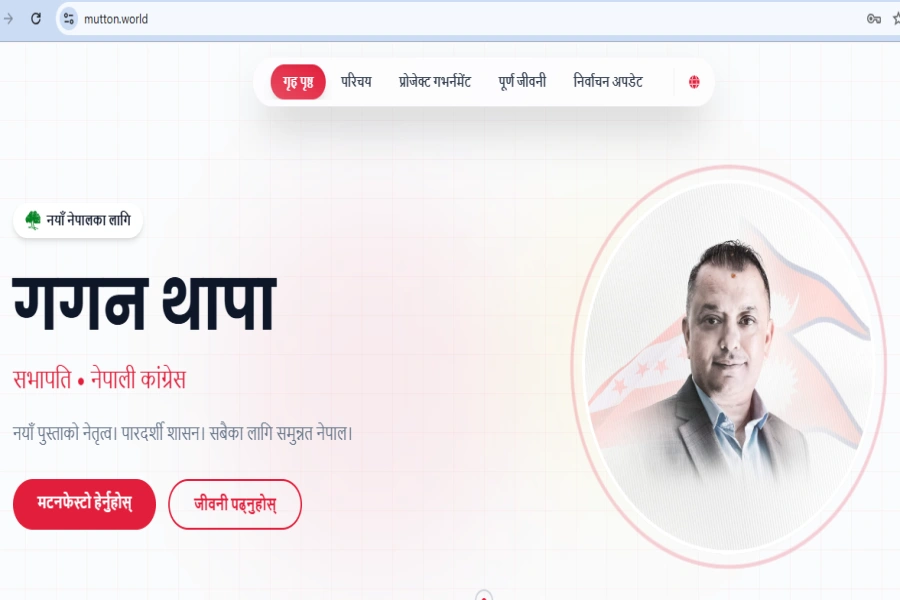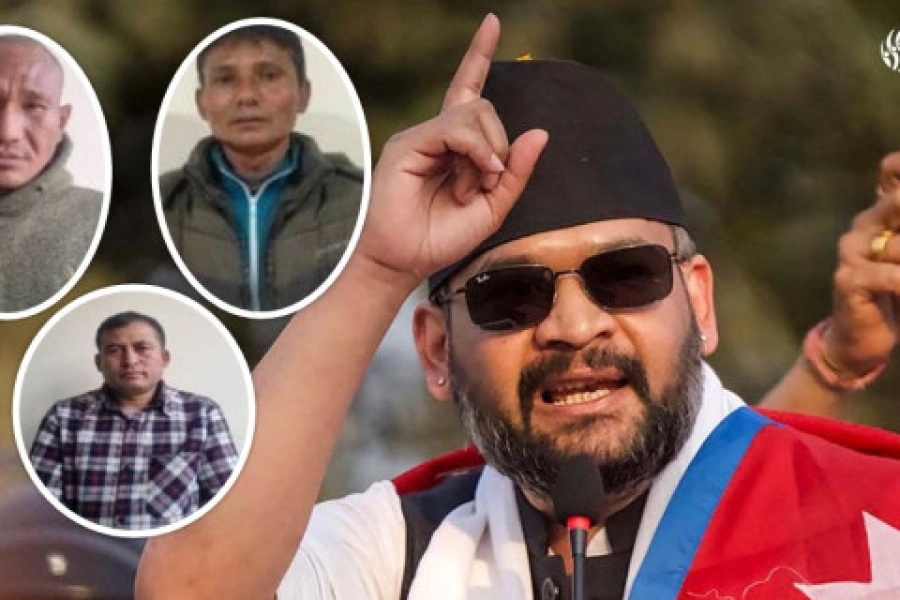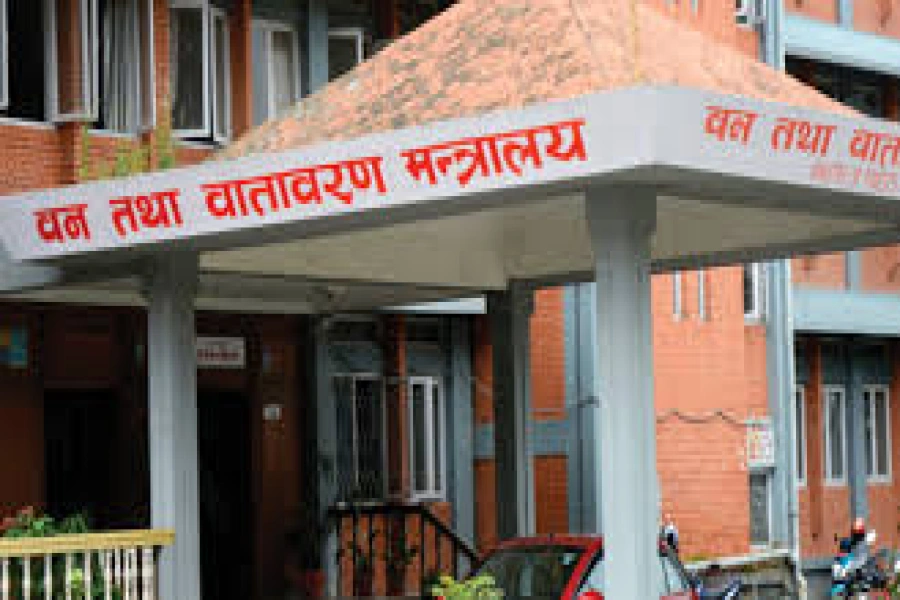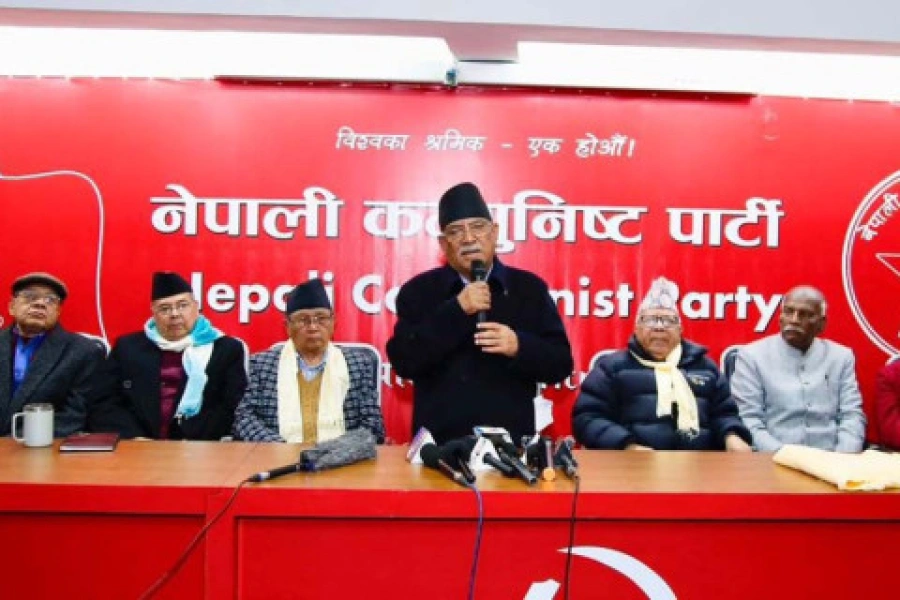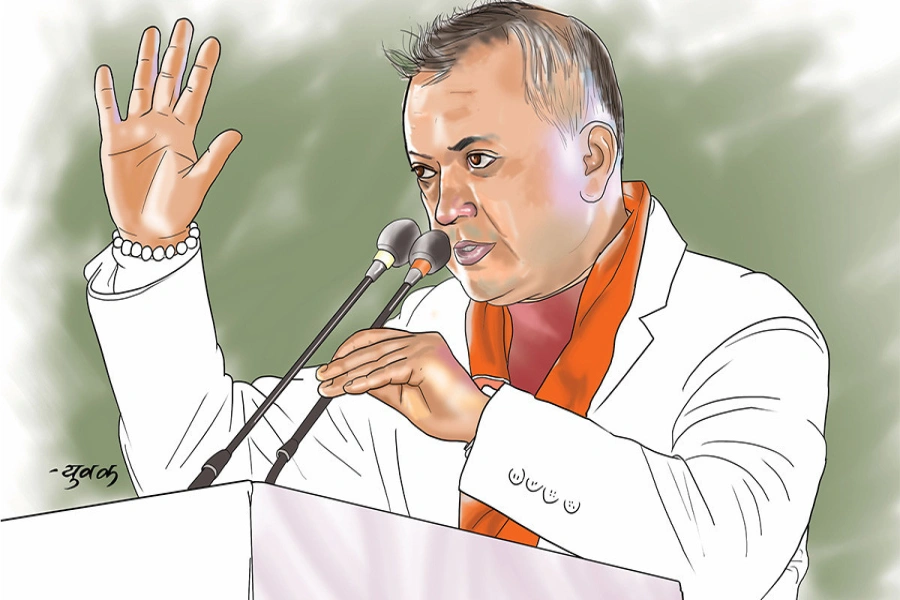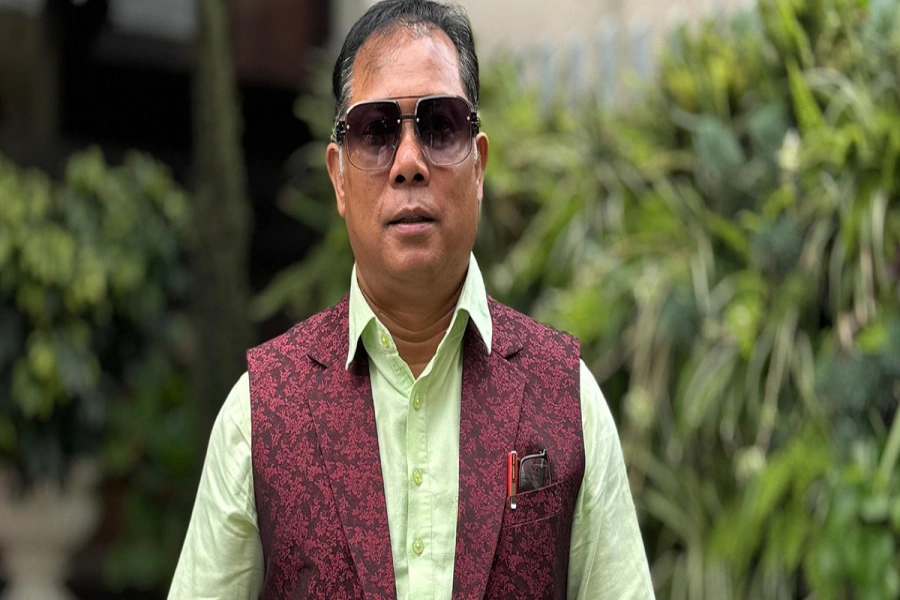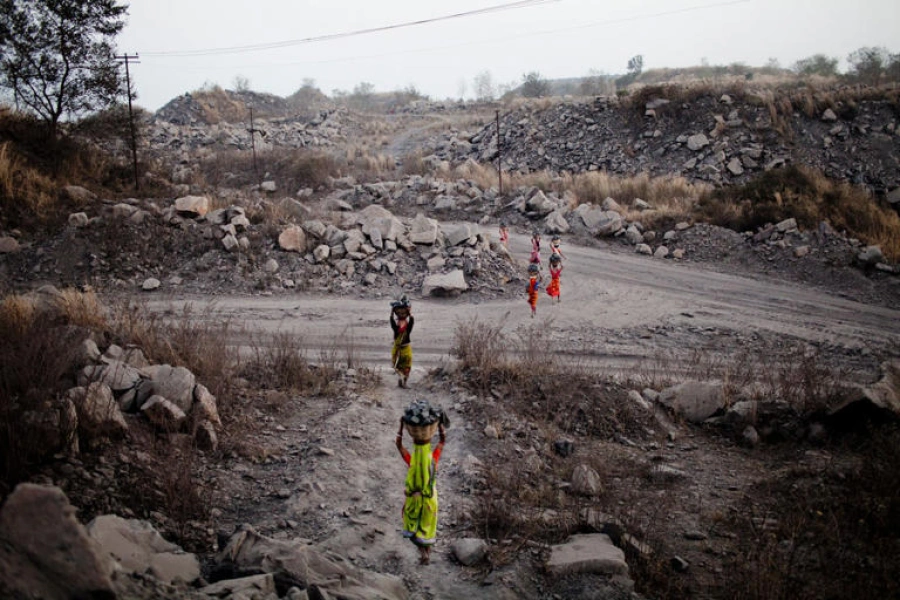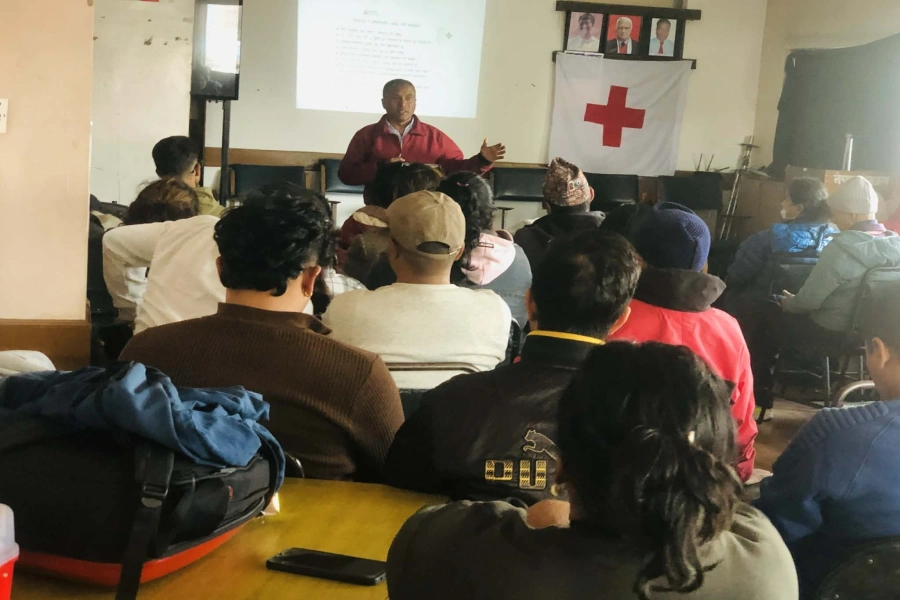India holds a greater leverage and it will ensure that their strategic interests are fulfilled. Nepal needs to do the same
Indian Prime Minister Narendra Modi’s visit to Nepal last week reminded us the fiasco of Indian blockade. The blockade had crippled people’s lives and threatened Nepal’s autonomy in conduction of its foreign policy. The magnitude heightened to the extent of many questioning India’s normative positions in the international affairs. It is time to assess whether the blockade benefited India’s strategic position in Nepal.
There were multiple Indian interests in Nepal’s constitution before its promulgation. They wanted to ensure greater representation of Madhesis in the federal parliament, single Madhes province in federal Nepal, ensure rights of naturalized citizens to hold key executive posts, and preserve Hindu state. India did not get everything it wanted, but it still has got most things it wanted.
Indian interests
First, there is neither ‘one Madhes one Province’ nor ‘one Madhes, two provinces.’ One Madhesi dominated state has been created out of eight Tarai districts in Province 2. Modi’s visit starting from Janakpur shows India’s desire for single Madhes province. This is consistent with Indian strategy to create an ‘inner buffer’ within Nepal. India has accepted the fact that systemic pressure of China’s rise has penetrated the Himalayas under Belt and Road Initiatives (BRI), thereby discarding the decreasing relevance of Nehru’s Doctrine in the 21st century world. This means India has lost the relevance of Nepal as a buffer state vis-à-vis China and therefore it wants to develop Tarai as a new geo-political frontier against China. India is gradually building on this doctrine. Blockade was a starting point to clearly draw this line. Modi is symbolically ‘renewing’ ties under the cover of religion, but the focus is on revamping strategies to institutionalize ‘inner buffer’ concept.
UML Kaski demands dismissal of corruption tainted Minister Adhi...
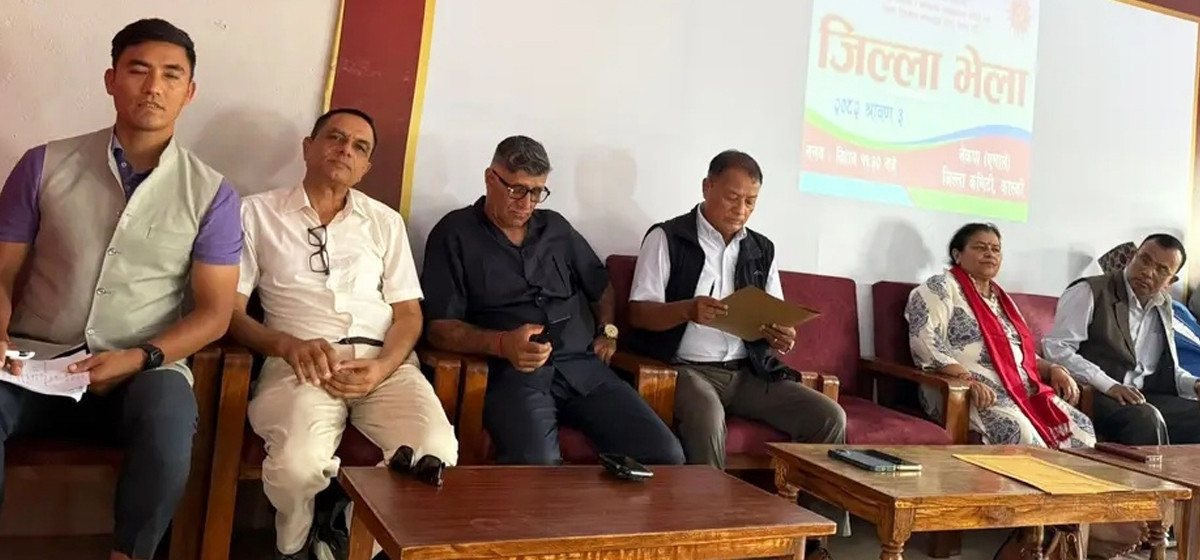
Second, Nepal did not consider population as a single category for representation in determining electoral constituency. Compromise was reached by accommodating both geography and population. India seems happy with this formula as they believe this too can lead to a gradual shift in demography of Tarai-Madhes. The inter-marriage between Madhesis and Indians across the border in Bihar and UP will contribute towards population boom in Madhes region in the next 20 years.
So in the next phase of drawing electoral constituencies after 20 years based on population and geography, a significant number of electoral constituencies will be created in Tarai region. This will result in greater number of representation of Madhesis including that of naturalized citizens in the federal parliament. Hence, they will be in a key position to determine government formation at the central level. India is patiently waiting for this time to come.
The constitution has barred naturalized citizens to hold the top posts such as Prime Minister, President and speakers of the House, among others. This provision is in line with policy of any other state, including India. Yet, India had made this a big issue during constitution making process. India is still happy that naturalized citizens are entitled to become deputy prime minister, foreign minister or other ministers. Any person with southern roots getting elected based on his/her naturalized citizenship in one of these posts could thus conveniently provide information of cabinet meeting, confidential documents, national security information and so forth.
Lastly, RSS trained cadres like Modi wanted to see preservation of Hindu state in Nepal. However, rationalism of secularism prevailed at the end. The ‘religious diplomacy’ of promoting Hindu pilgrimage cites such as Janakpurdham, Muktinath and Pasupathinath does bring into attention the underlying dominant identity of Nepal’s heritage of Hinduism. This will help RSS factions within Nepal to continue their movement towards converting Nepal into Hindu state, given Modi’s penchant for Hindutva cause. The ramifications of BJP politics on Indian secular fabric are very much evident in India.
Though Nepal’s constitution did not address India’s Hindu concern, it seems they are gradually working with Hindutva forces in Nepal. This might be counterproductive and will inevitably challenge Nepal’s nascent secular fabric. We should understand that fabrics of secularism and Hinduism run in parallel in Nepal. Nepal should be able to ensure religious harmony and lasting peace.
What Nepal should do
Material and ideational structure dominates Nepal-India relationship and these two factors will constrain Nepal to conduct an independent foreign policy vis-à-vis India. With the asymmetric power relationship between Nepal and India, India will always remain in a dominant position. The recent Modi visit shows economic interdependence, military superiority, political and diplomatic coercions will remain consistent elements of Indian hegemonic policy towards Nepal.
Hindutva factor will be a consistent threat for Nepal’s secular fabric under Modi government. Nepal should remain vigilant and be able to thwart conflict.
Nepal is still in nascent phase of constitution implementation. The blockade undermined Nepal’s capacity to a larger extent. India holds a greater leverage and it will ensure that their strategic interests are fulfilled overtime. Any nation is only expected to fulfill its national interests after all. Nepal needs to do the same.
Nepal needs to safeguard achievements of new constitution, ensure carefully that existing provincial boundaries remain intact, fortify central government’s capacities in view of the geo-political competition, establish effective measures to tackle citizenship issues and secure lasting peace and social harmony.
The author is a researcher at University of Fribourg, Switzerland





